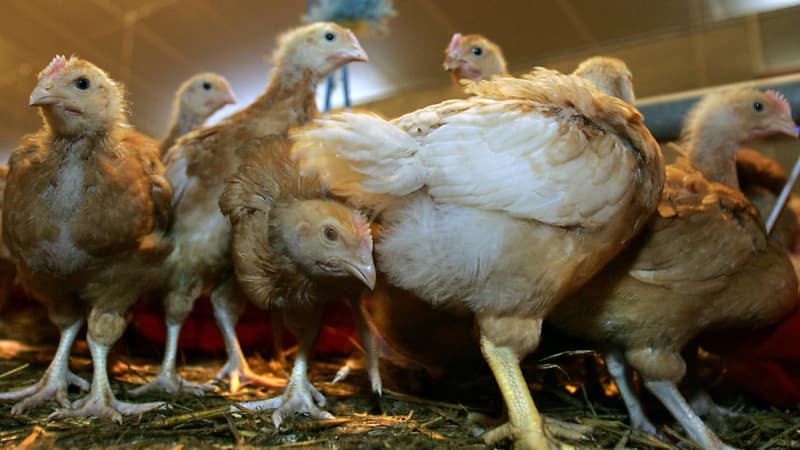Confinement of domestic birds and poultry will be compulsory across England from November 7 to combat the spread of bird flu, the British government announced on Monday.
These measures legally require all owners to “keep their birds indoors and follow strict biosecurity measures to protect them against disease, regardless of species or size,” the Environment Ministry said in a statement.
‘Very high’ risk among wild birds
The decision announced this Monday extends the confinement already in force in several Spanish regions, while the risk of bird flu among wild birds has been established as “very high” by the health authorities.
Over the last twelve months, the UK has experienced the largest outbreak of the disease the country has ever seen, with more than 200 confirmed cases since the end of October 2021. Since the beginning of October 2022, it has been detected in more than 70 facilities and multiple cases have been reported in wild birds.
With the number of cases rising rapidly, “the risk of captive birds being exposed to the disease has reached the point where it is necessary to confine all birds until further notice,” said British captive veterinarian Christine Middlemiss. .
“This decision was not made lightly, but it is the best way to protect your birds from this highly infectious disease,” he added.
Rare cases of transmission to humans
The epizootic that has been uninterrupted for a year is “the most important observed to date in Europe,” according to the European Food Safety Authority (EFSA). In one year, according to this source, 47.7 million birds were slaughtered on contaminated European farms.
Some cases of transmission of the virus to humans have been reported in China, the United Kingdom, the United States and, more recently, in Spain, in an employee of a poultry farm.
The European health authorities estimate that the risk of infection is “low” for people who do not have prolonged contact with birds and “low to medium for people exposed professionally”.
Cases have also been identified in foxes, seals, and harbor porpoises. The risk of transmission to humans through consumption of contaminated meat or eggs is considered “negligible”.
Source: BFM TV


